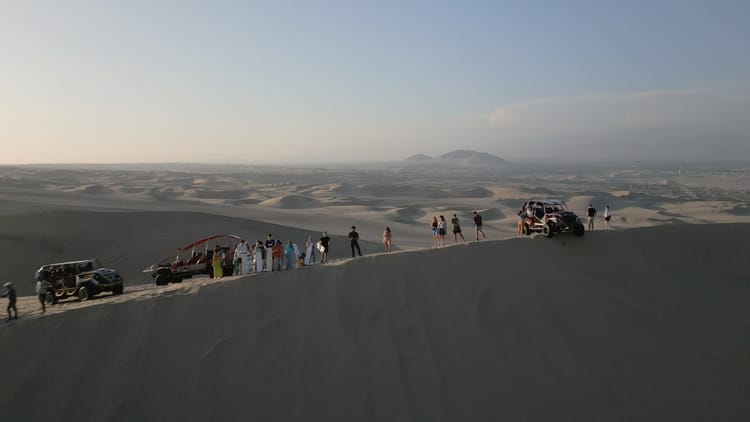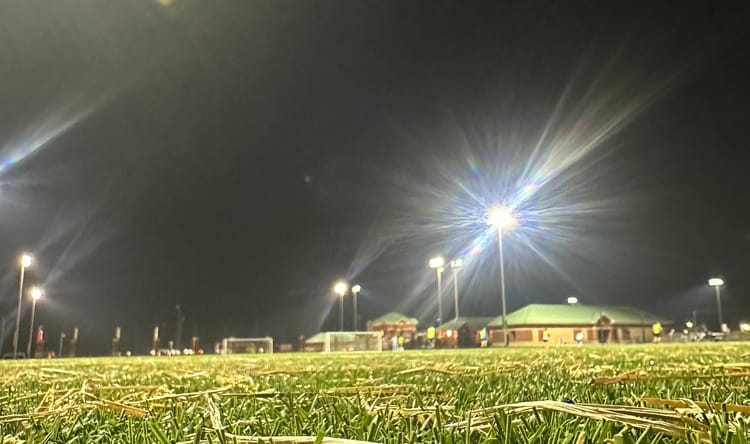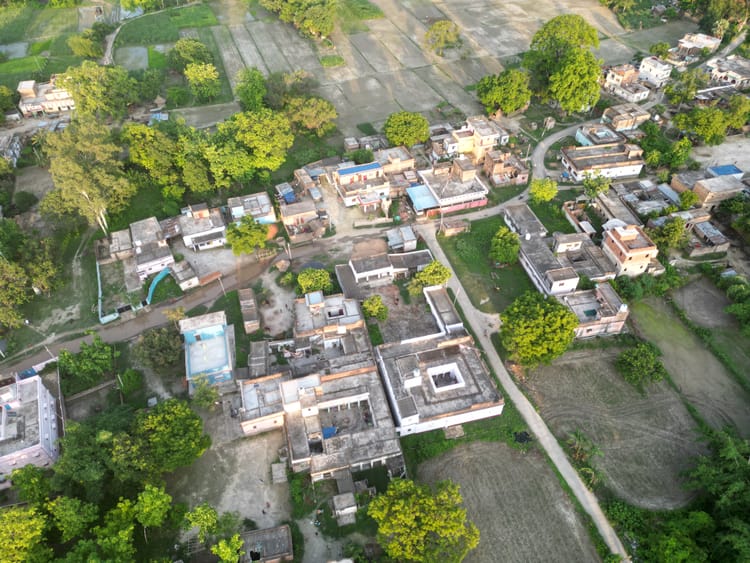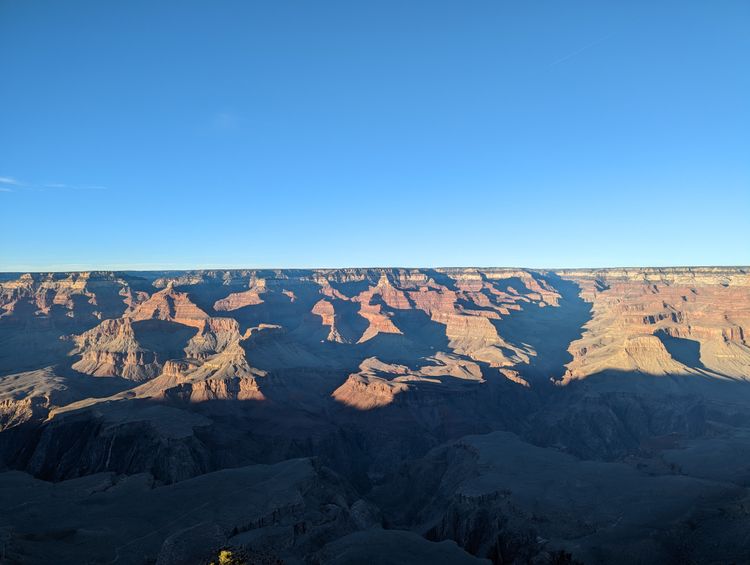Considering Digital Nomadism

I am now two months into lockdown due to the COVID-19 pandemic. Like many of us, I am trying to make sense of the world and how it's changing in these times. Before I begin, I would like to express how lucky and privileged I am to still have a job in these uncertain times.
Work-Life Balance
As I work from home, the physical boundaries between work and non-work are disappearing. This has increased productivity since I don't commute and my lunch break is a few steps away and I work longer hours. That being said, work creeping outside the traditional 9 to 5 is not unusual for me; I follow "work-life integration" meaning a broad range of activities creates a stack of colorful Google Calendar layout. However, constant video meetings and sitting in one place can be tiring. I also miss a change in the environment - leaving the house to work in a coffee shop or go for a walk with a colleague. Outside of work, I miss restaurants, museums, outdoor soccer leagues, and hikes. Being stuck at home has reminded me of desire I have to travel the world and experience all it has to offer. As we crawl into month two, several planned trips (to Ontario and Utah) have been canceled with no travel in the foreseeable future. I looked forward to weekend trips and week-long vacations. But if I'm working remotely for the foreseeable future, maybe I don't need to "take a trip". Why not live and work somewhere like a local for two months instead of visiting for a few days?
Working in technology, I am privileged to have the flexibility remote work offers. Currently, I work 45-50 hours a week and sleep 6-7 hours a night. With other daily tasks accounted I have about 8 hours per day to myself. Labor rights activist Robert Owen once said "8 hours labor, 8 hours recreation, 8 hours rest". When it comes to those 8 recreational hours, I think recreation is a byproduct of our environment. This is why people take vacations - to recharge and change the environment. Most Americans have 2-4 weeks of paid vacation time - not enough. Why not remove the concept of chunked vacation and infuse it into every day? I am seriously wondering what happens when I decouple work from the location. When all this ends - what if I redesigned my lifestyle to incorporate travel? This in turn will ensure I am well rested and actually improve productivity.
Mobile Lifestyle Logistics
Okay, so let's say I actually go through with this. What does it take to have a mobile lifestyle where I can still be productive? In my optimistic hypothetical world, in two months the pandemic will have ended and I will be on my way to a new city for the months of July and August. How do I go about moving somewhere and getting settled only to pack up and leave in two months?
The phrase "less is more" applies here. While I have written before about my views on minimalism, it is less about ideology and more about a pragmatic reality in this lifestyle. In order to pull off a mobile lifestyle, I want to apply the Pareto optimality principle to the situation, especially to my possessions. Which 20% of the items do I use 80% of the time? This is critical if I want to have a mobile lifestyle and pursue remote work - literally reducing "baggage".
As an exercise, I paused while writing this to quickly inventory every single object I own at my current place of residence and outside of clothes and foodstuffs, I have come up with 50 unique items. Assuming that I have fewer items, an investment in quality over quantity makes sense.
This exercise of figuring out what I need exactly is akin to a real-life knapsack problem. I paused while writing to take inventory of all my belongings. Moving often in college has ensured I keep only essentials but I have more than my liking. I accumulated an extensive cookware collection, many electronics, and over 60 books. I need to consolidate clothing; prioritize items used in multiple outfits and donate my cold-weather gear. I remind myself that "removing the clutter" enables a mobile lifestyle.
With a mobile lifestyle, I should get used to traveling light in one or two bags. I can buy consumable items that are available everywhere - like toiletries and food. The challenge is fitting what essentials into my 40-liter REI Ruckpack. It can hold important documents, a computer, an e-book reader, travel toiletries, some clothing, a pair of shoes, snacks, and a water bottle. A second duffel bag can hold additional items like more clothing.
With such a bare-bones setup, what will the other aspects of life look like? For housing, I would opt for short-term housing or co-living. These types of options are plentiful in population centers and a great way to meet locals right away. For food, I enjoy cooking at home but the local ecosystem will inform my choices. I can envision visiting local markets and cooking at home besides eating out. For work, I prefer a consistent environment decoupled from my rest & relaxation space. Co-working spaces are a great option for their amenities like desks, monitors, and conference rooms. A secondary benefit is the range of people I can meet - great for making friends in a new place.
End Result
While remote work brings a certain amount of flexibility, traveling also has its share of benefits. I will see new sights, experience different cultures, and learn new ways of living. I will meet new people and embed myself in their stories for a short time. I am sure many challenges will pop up but this lifestyle fits within the larger theme of learning skills and perspectives in my 20s. It's important, however, to note that fundamentally not much is changing - just a new environment to explore.
So what's next? Right now there is a global pandemic so it's best to hunker down and strategize in these uncertain times. I can research potential locations and do some light planning. I hope to move around in the United States before crossing international borders; there is enough geographic, political, and cultural diversity as well as ease of movement while I prototype this lifestyle before going all in.




